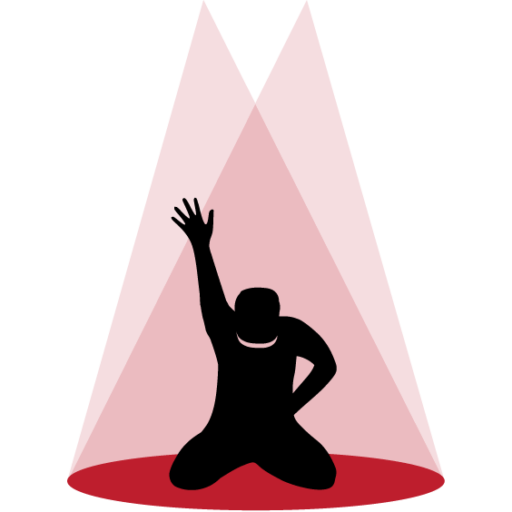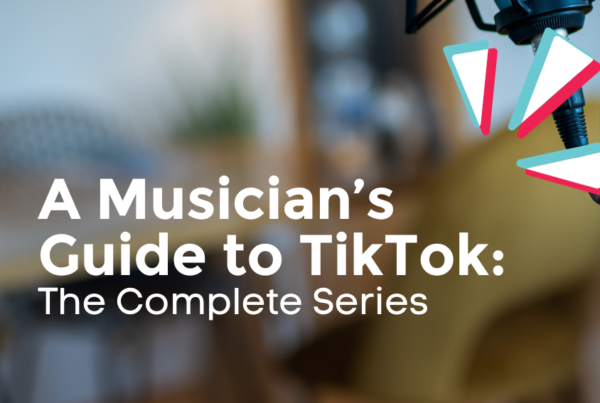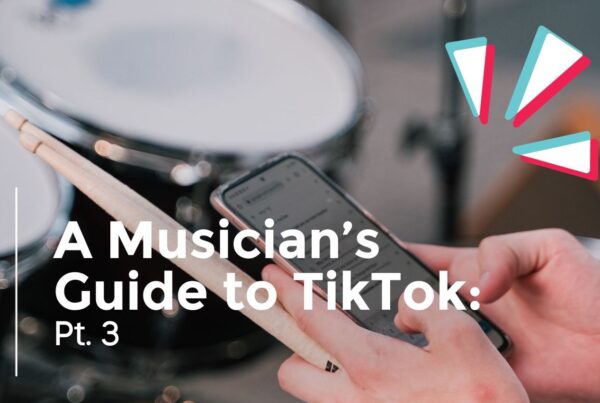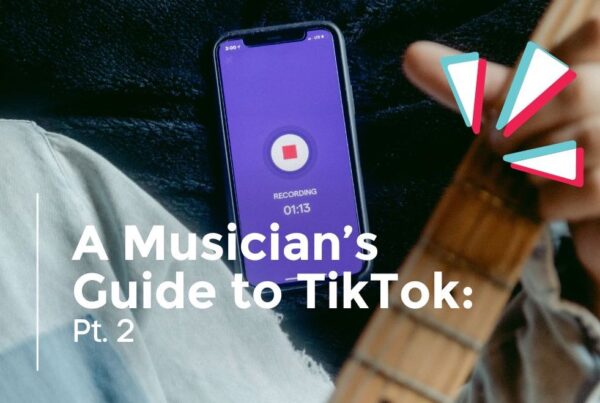We’ve all experienced it: that nerve-wracking moment right before you get on stage. Your heart may start racing and nervous, anxious thoughts may come rushing into your mind. This happens to so many people— but what do you do if this anxiety becomes crippling? It may prevent you from even giving your performance or cause you to struggle on stage. As an artist, this can be particularly troubling because you most likely need to perform in front of others all the time. Luckily, there are many ways to overcome even the most severe instances of performance anxiety.
First, let’s talk about exactly what performance anxiety is. According to WebMD, performance anxiety is the fear of doing a specific task in front of a group of people. This anxiety can manifest in many ways— affecting your emotions, behavior, and physical and psychological well-being. When we experience this anxiety, our body triggers a fight-or-flight response, which is when our body reacts to a perceived stressful or harmful event. This response increases our adrenaline levels, which can lead to:
- a heightened heart rate,
- rapid breathing,
- sweating,
- nausea.
Emotionally, performance anxiety can cause feelings of fear, self-doubt, and embarrassment. It can also affect the way you interact with people, for example, you may become more reclusive prior to a performance.
So how can you overcome performance anxiety? Research shows that performing relaxation techniques such as deep breathing, meditation, and muscle relaxation before a performance can ease nerves and anxiety tremendously.
Breathing
There are many different breathing techniques that can help relieve your anxiety. Here are a couple breathing techniques you can try when you’re starting to experience performance anxiety:
One particular breathing technique that is helpful for performance anxiety is the circular breathing method. Dr. John Tholen, a retired clinical psychologist, explains this method in a Psych Central article:
“With eyes closed and lips pursed, slowly exhale for as long as possible. Once your lungs are empty, pause for a count of ten then slowly inhale, taking as much air through your nose as possible. When your lungs are full, pause again before repeating the process.”
Muscle Relaxation
Dr. Tholen also recommends the progressive muscle relaxation technique, which is when starting at your feet, you slowly tighten and release each muscle group until you reach the top of your body.
Power Posing
 There are also actions you can take during your performance that can help ease your nerves, such as making eye contact and smiling at the audience.
There are also actions you can take during your performance that can help ease your nerves, such as making eye contact and smiling at the audience.
One very important action you can take is to stand confidently, facing your audience in an open, welcoming manner. This stance should be a pose that makes you feel ready to conquer your performance.
This is called “the power pose,” a stance that conveys power and authority to your audience. Examples of power poses include: standing tall with your shoulders back, standing with your hands on your hips, or gesturing to your audience with open arms. The power pose is impactful because by pretending to look powerful, you will actually internally feel more confident and in control.
Visualization Meditation
A particular practice that many people find helpful in reducing nerves is the peaceful practice visualization method. This is when you imagine yourself in a peaceful environment, whether that’s the beach, the park, or in your room. Imagining yourself in your safe space can be incredibly comforting and calm your mind and body.
It’s important to note that performance anxiety is completely normal among artists. In a study done on professional actors in 2012, 84% of the actors reported experiencing performance anxiety at least once in their life. Some of the most famous artists, such as Adele, Rihanna, and Katy Perry, have all experienced intense performance anxiety in their careers. Whether you’re a professional artist or a student performer, performance anxiety can happen.
Experiencing performance anxiety often means that you deeply care about what you’re performing and you don’t want to mess it up. The key is to find ways to turn that anxiety into excitement. That is definitely easier said than done, but finding ways that work for you to ease your nerves will help you become a better, more confident performer.







